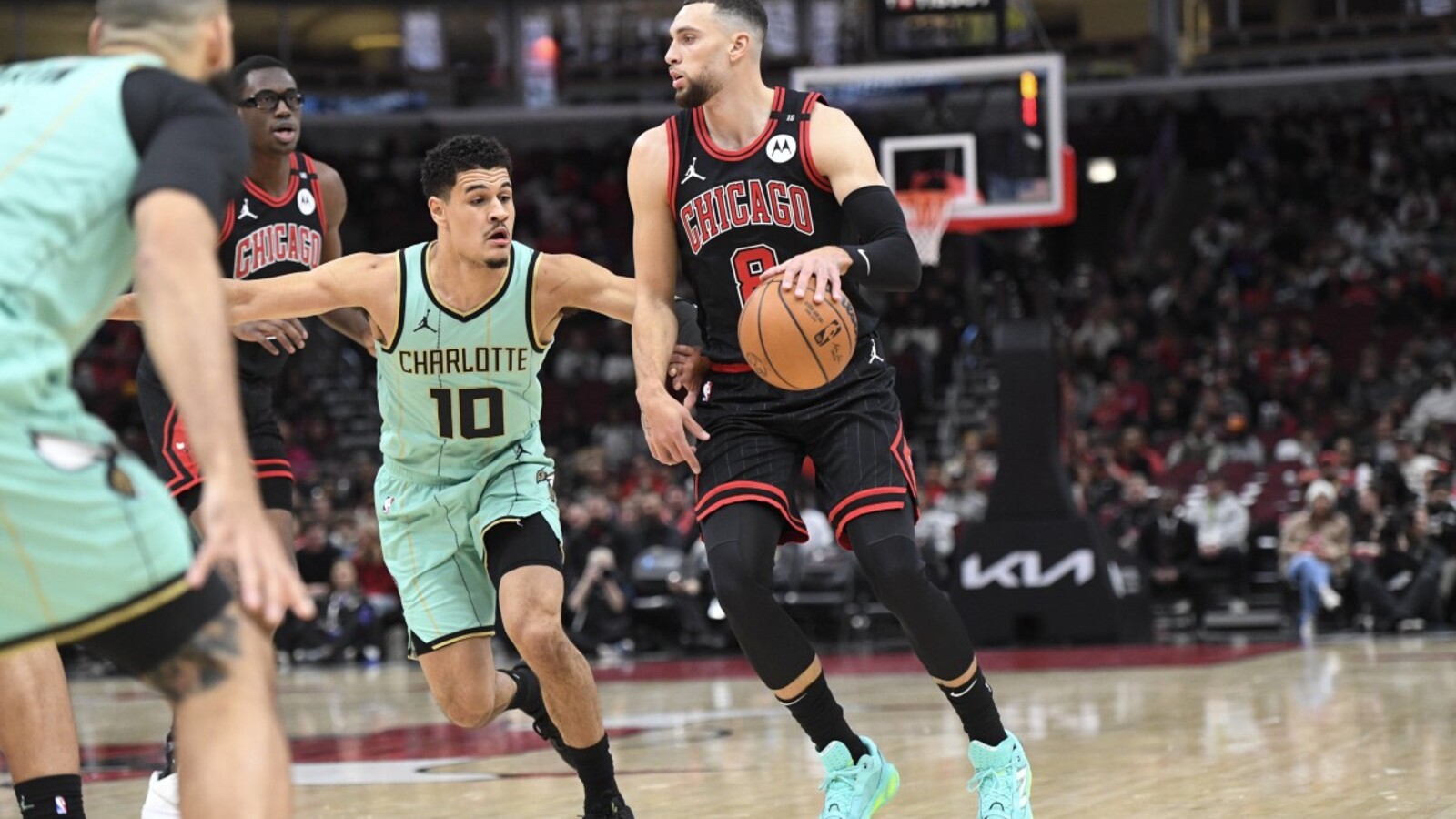I don't know enough about how ratings are processed and calculated at this point to have an informed opinion on that. The league seems to be generating plenty of revenue via sponsorship deals, expansion into international markets, and tv deals. I don't think the league is unpopular, and I think the stars are still incredibly popular on the global scale.
That said, I do think people have a point in the thread with the parallel between Kamala's campaign, mainstream liberal orthodox thinking, and the conversation about the NBA: you have to stop letting the foils set the agenda. Just because racist Yaqubians were claiming Kamala wasn't really black and making up lies about her and generally advance regressive, nihilistic, hateful views and policies doesn't mean one can't recognize that she didn't run "a flawless campaign" and that in many respects she ran an embarrassing one. You can't let racist Yaqubians talk you into investing in bad product out of a misguided sense of defiance. That's a loss.
Similarly, I don't buy the gloom and doom talk about the NBA, and I recognize the critiques of the league are rooted largely in racism. So I block out the bad faith critiques. I take it as a given that the racist people are going to do what they do and I ignore that. Because I think there really are a lot of people who have obsessively followed the sport and the league forever, and who find the product less compelling now. And I don't think they're angry with the players, so much as they're pushing back against the front office dorks who believe the data always knows the truth, and that people themselves never understand what they're talking about, or how they feel.
I have been watching (on the busy nights of the schedule) 3-7 NBA games for years. This year I might watch 2 on average. I certainly don't hate black dudes and I couldn't love the sport of basketball more. But, fukk, the product just isn't hittin for me right now. I can pinpoint when I got really concerned - December 1. The 17-3 Cavs beat the 15-4 Celtics. Close game. Talent galore on the court. There were 18 FTs over the final 34 seconds. It was painful to watch. The Cavs decided to eliminate the 3 as an option, even up 4, on every trip down. The three point shot and its attendant strategic shifts (to create and prevent 3 point opportunities) have obviously altered the way the game looks, and how it flows. The NBA offenses and defenses might be the most complex we've ever seen in many ways. That doesn't mean people are wrong to dislike how it plays out.
I think there's a difference between hating the sport and its players and pointing out the product goes through peaks and valleys of being engaging. Sports - at their best - are not entertainment; but they do have to be entertaining. Part of what makes sports entertaining is unpredictability. Another major component is that athletes are, in a sense, brilliant artists. We want to see them - like musicians - do naturally cool and brilliant things live that we could never do. A lot of the strategy right now has sacrificed unpredictability and artistry at the altar of efficiency. Some people are fine with that. I find the product to be dulled. I think this is the same with baseball. A lot of traditional baseball strategy was stupid, but it also added the element of unpredictability to the watching experience, and gave people more to argue about (which, like it or not, it a part of what makes sports engaging). The Three True Outcomes style of baseball, and the inning limits for starters have sucked a lot of the fun - some good fun, some stupid fun) out of the game.
As the dude from that tweet articulated in an essay he wrote years ago, sometimes solving a sport's inefficiencies can ruin what made the sport enjoyable. The athletes being reduced to automatons - as means to number-crunchers' desired ends - is just not a winning formula. And here's the thing about sports and politics: if the people are telling you "I don't like this" you can't keep throwing data in their faces saying "your feelings are wrong" and expect to come out on top. That's not how those arenas work. The consumers' feelings matter a lot, actually, and have to be considered. This isn't an argument in the classroom - you need buy-in from the audience. Pedantic scolding will not carry the day for you here. "Look at this graphic - I will prove to you that your emotions are mathematically unsound" is an extremely shortsighted tact to take.
It's important to remember we have this style of basketball in large part because the NBA rules were tweaked years ago because the product was stale and ugly. And now it feels the correction has become an overcorrection. Rules might have to be changed again. Analytics is unquestionably important in allowing people in the league and in the audience better understand the complexities of the sport. But there has to be strategic and complex thinking about the entertainment appeal as well. There's a balance to strike. Especially in this country where entertainment as sports is gaining a stronger foothold (Jake Paul being the extreme example, UFC being the major "sport" example, and NFL being the example of the perfect American sports product that actually fails upward because of its essential ingredients), you can't forget that sports that aren't purely entertainment have to at least remember to be entertaining to its fans. The NBA does have some reasons for concern to that end.






